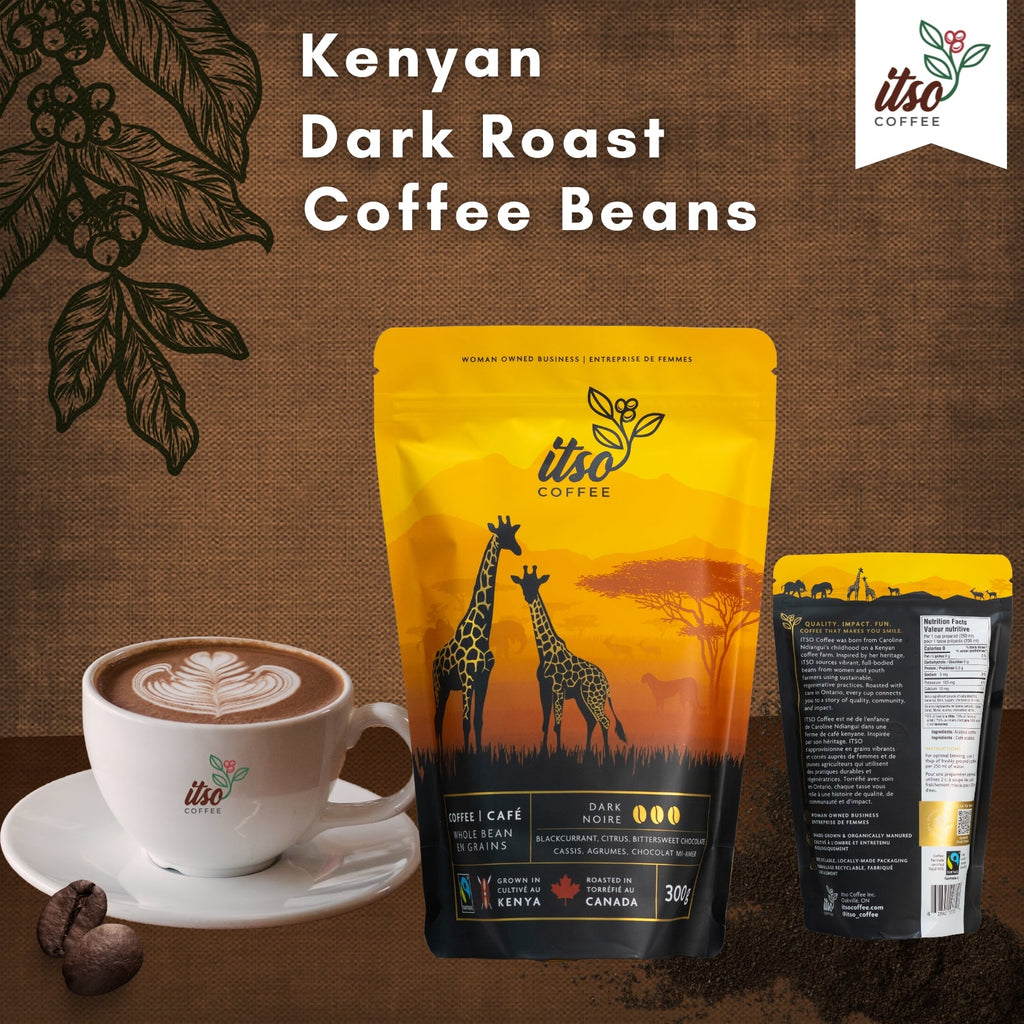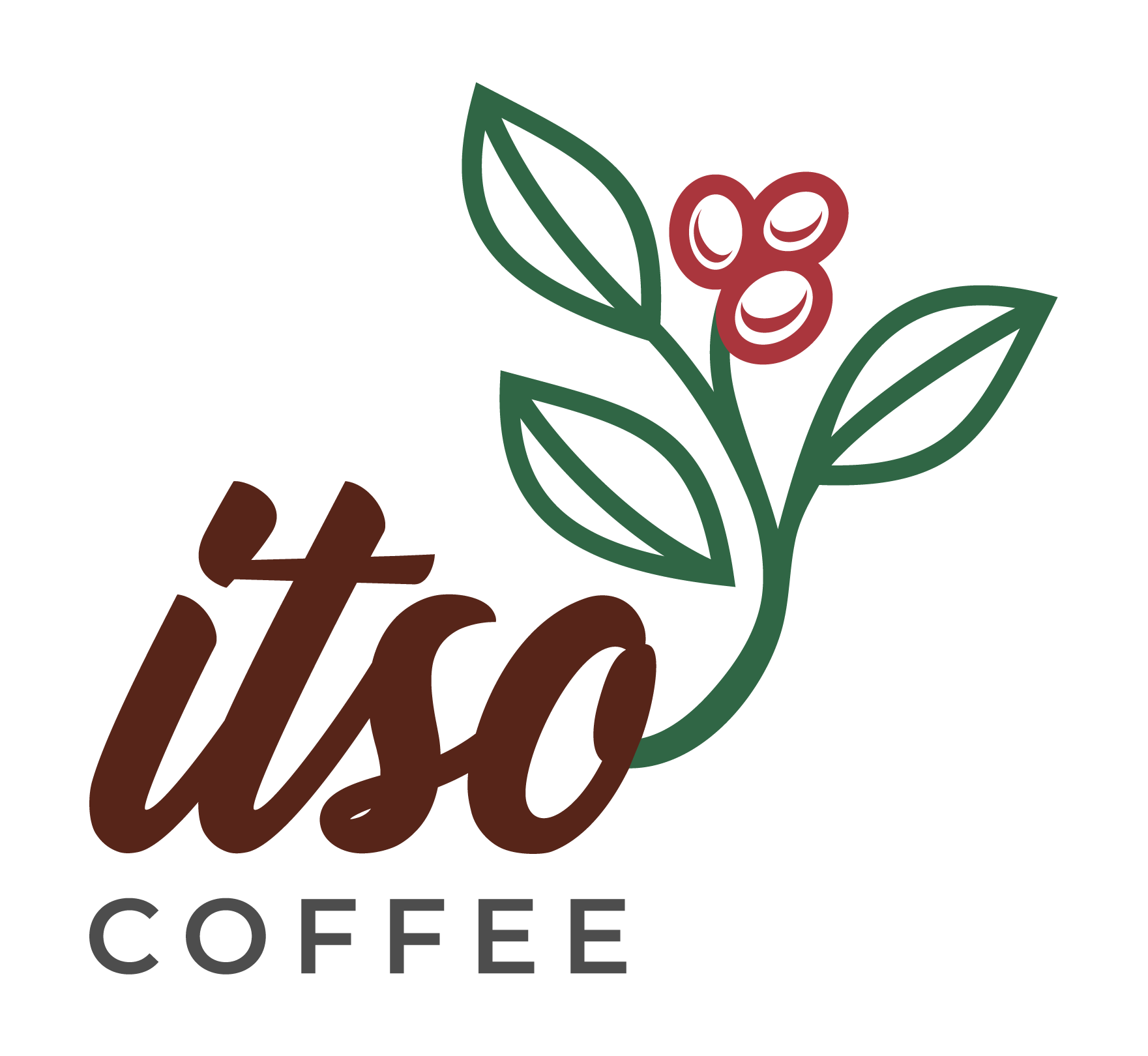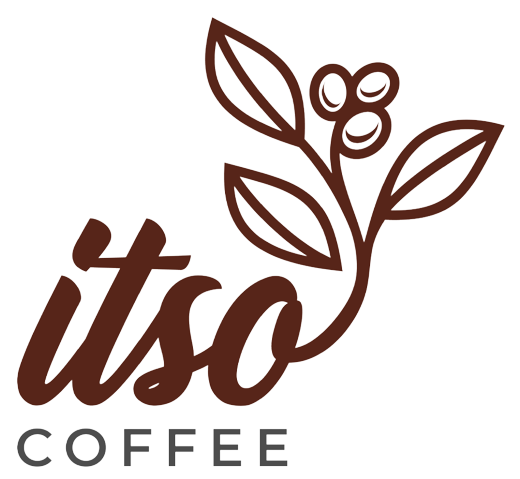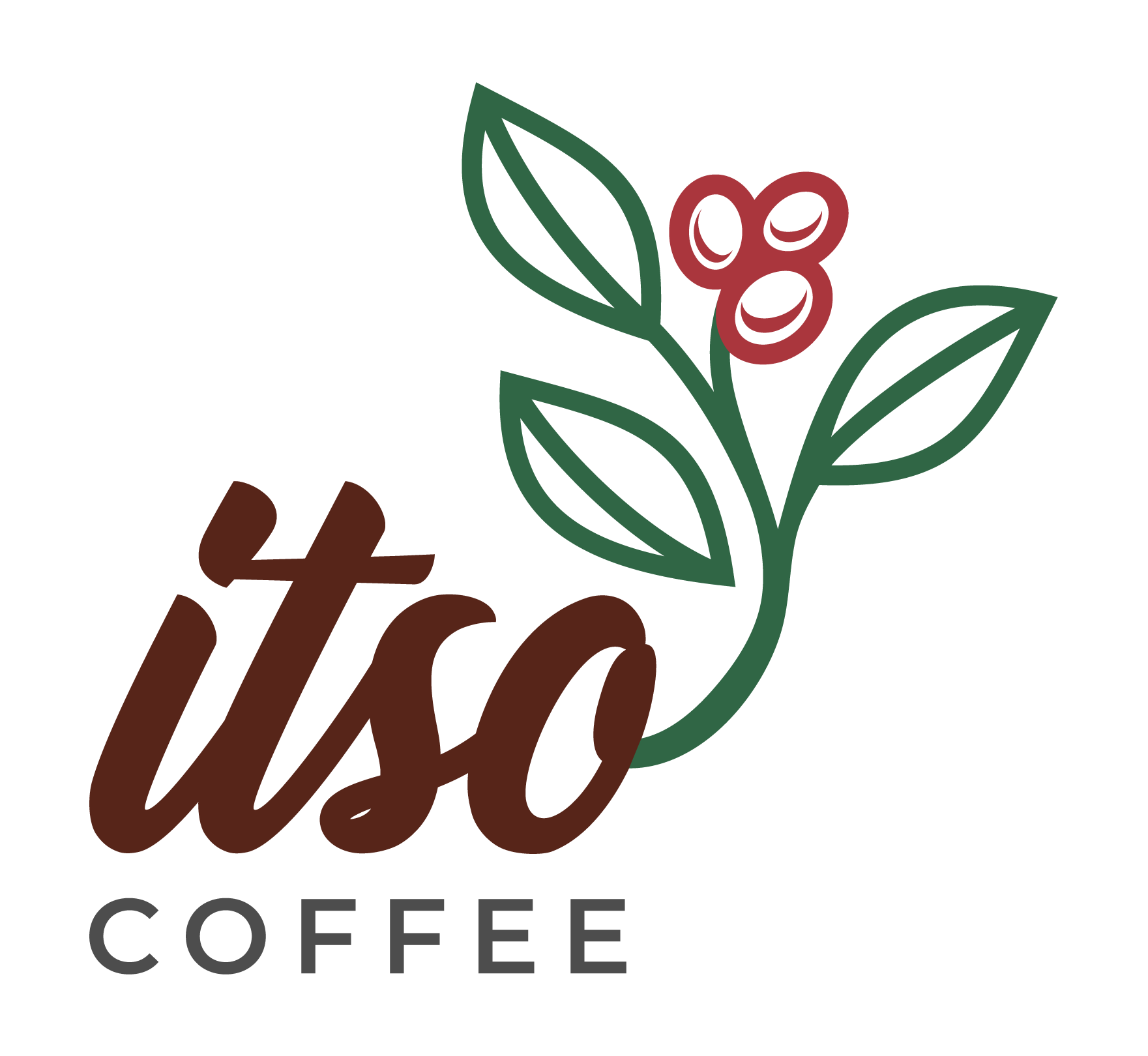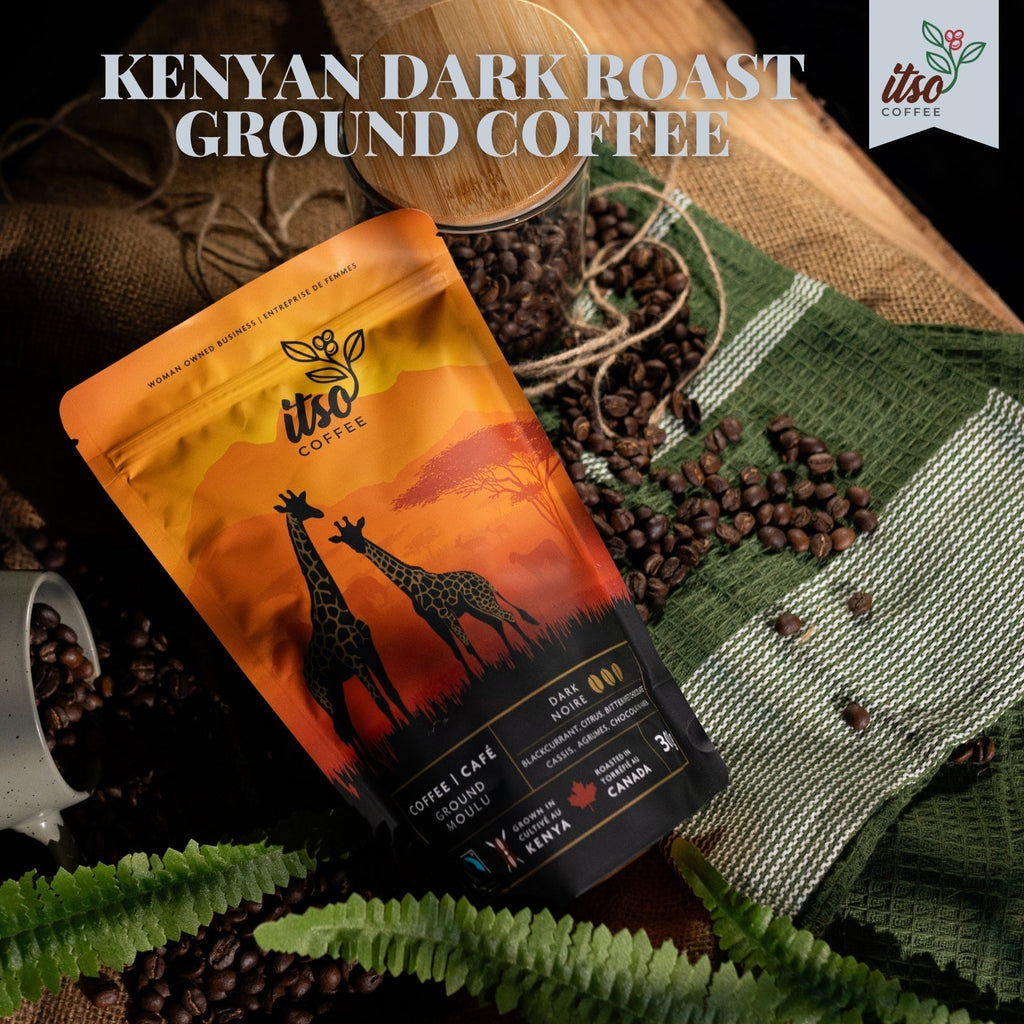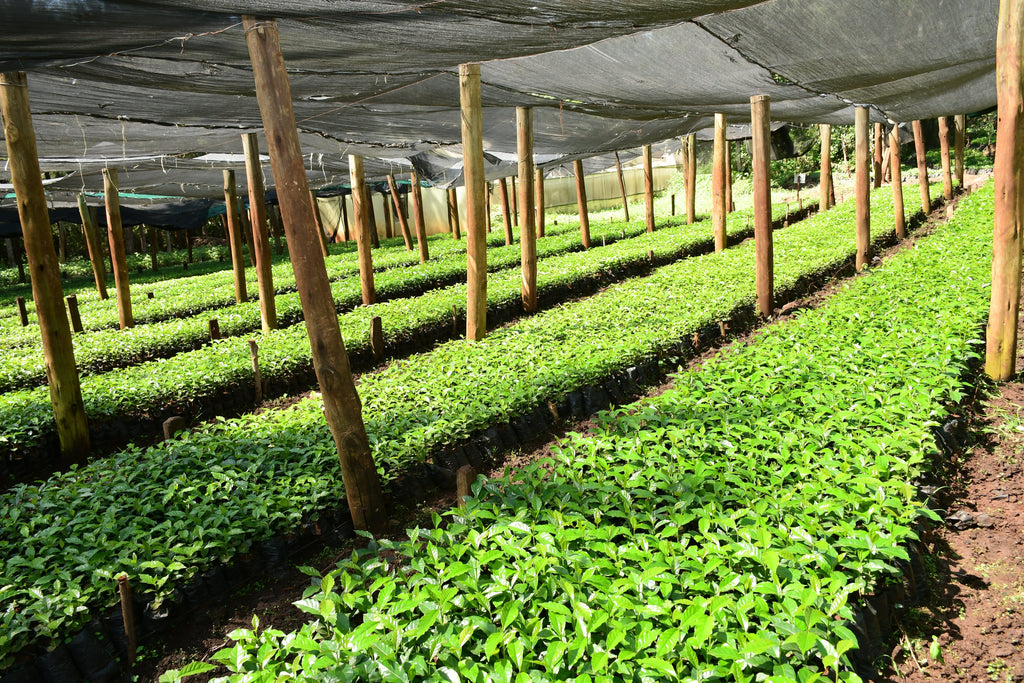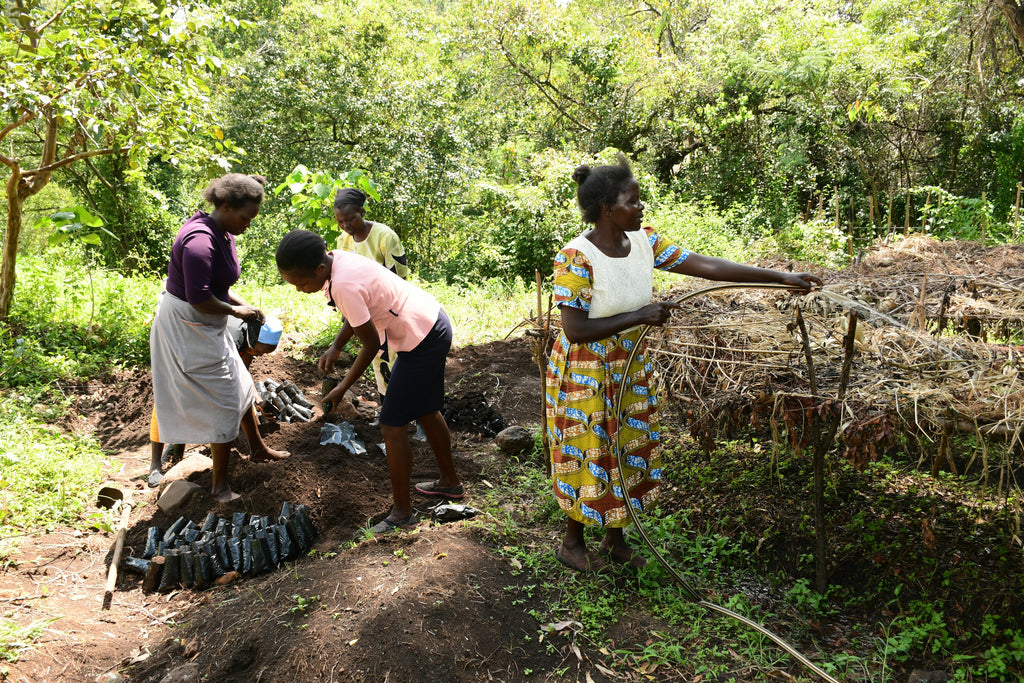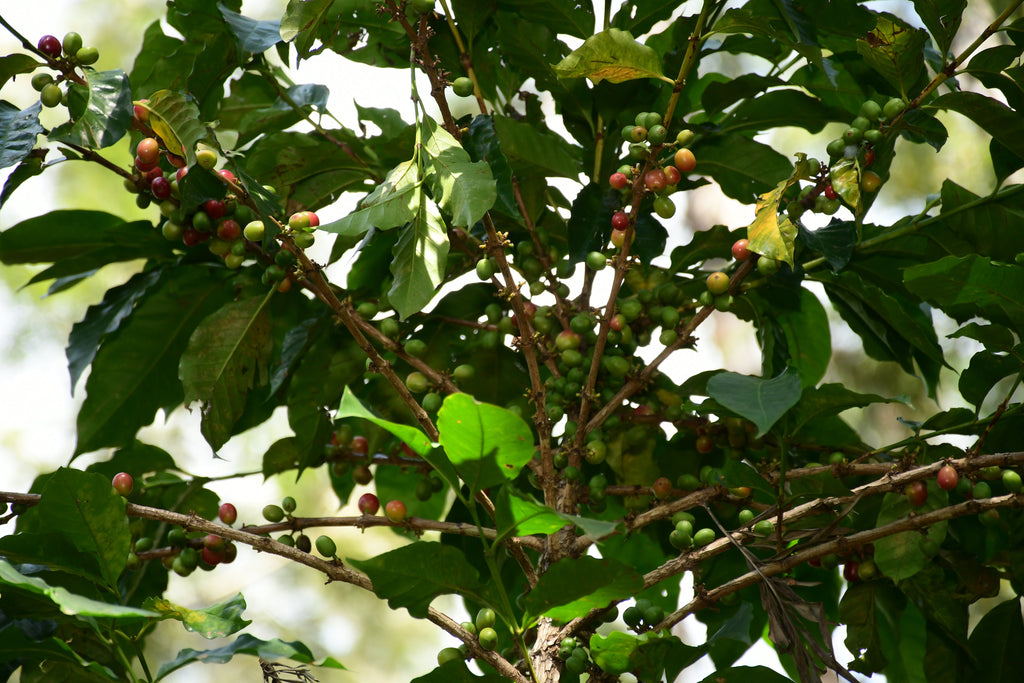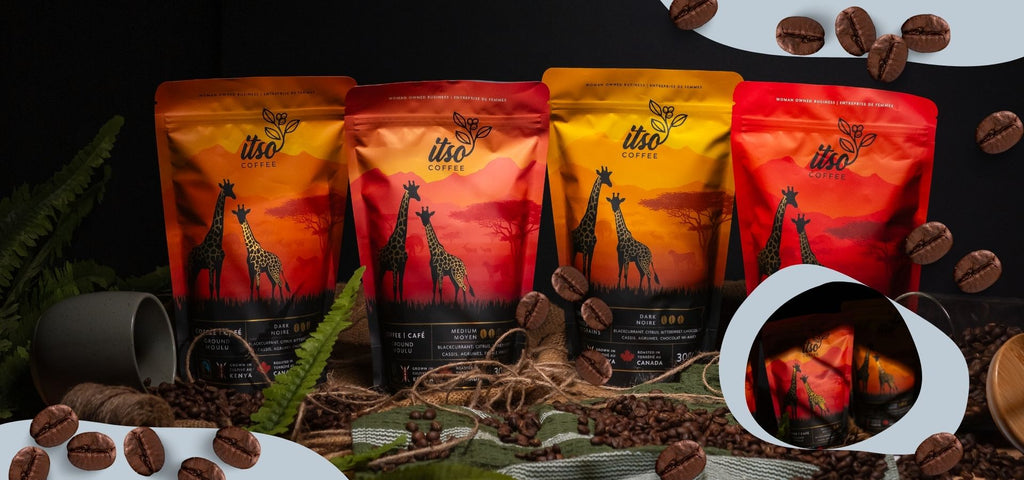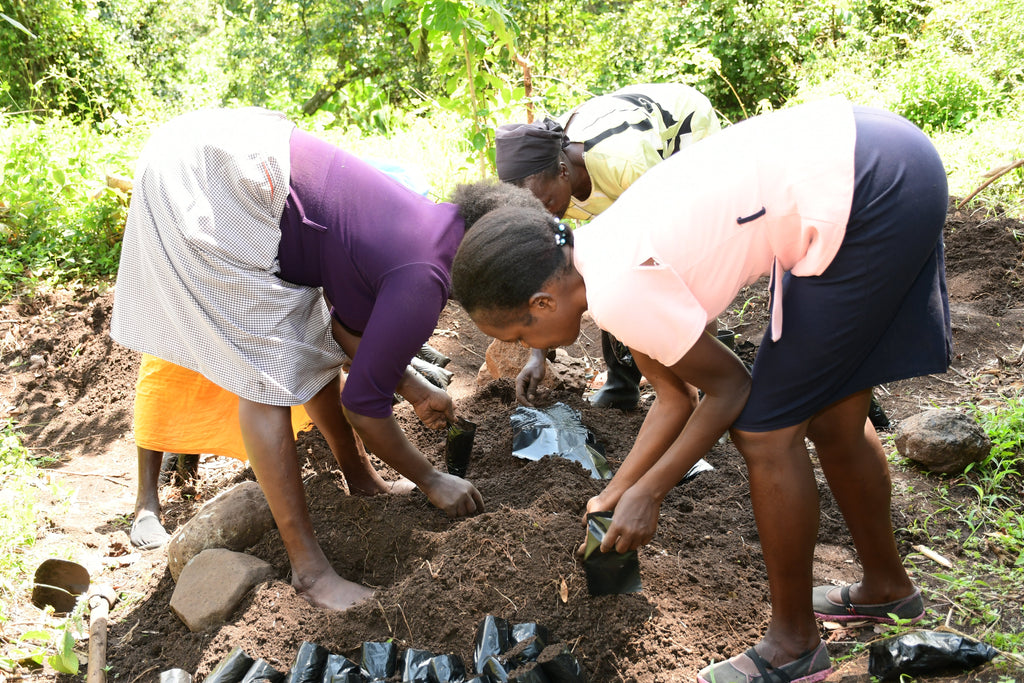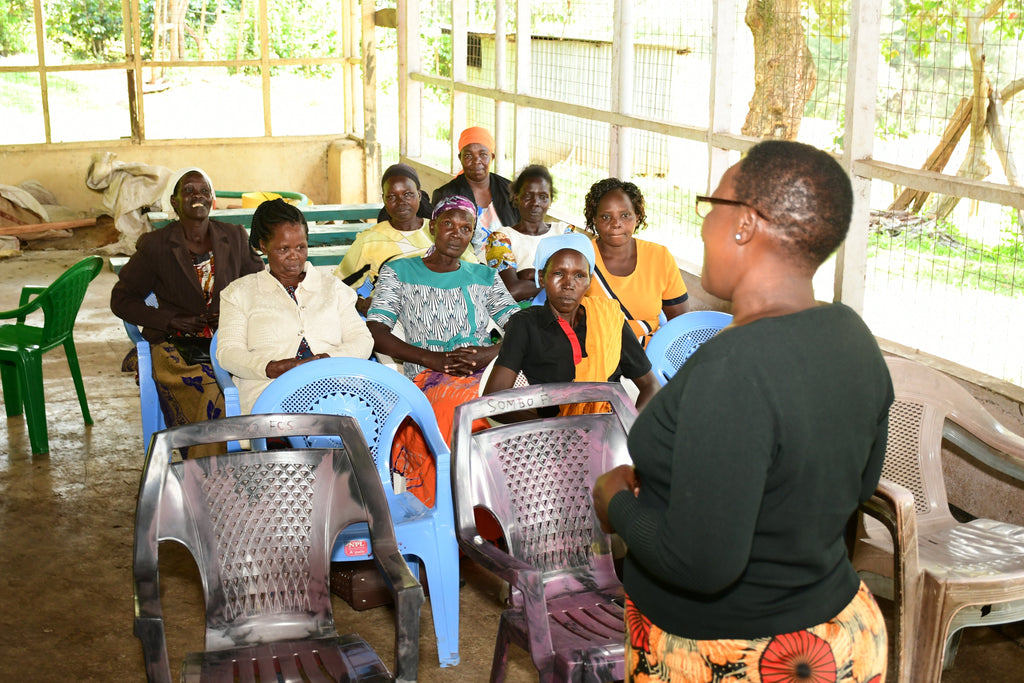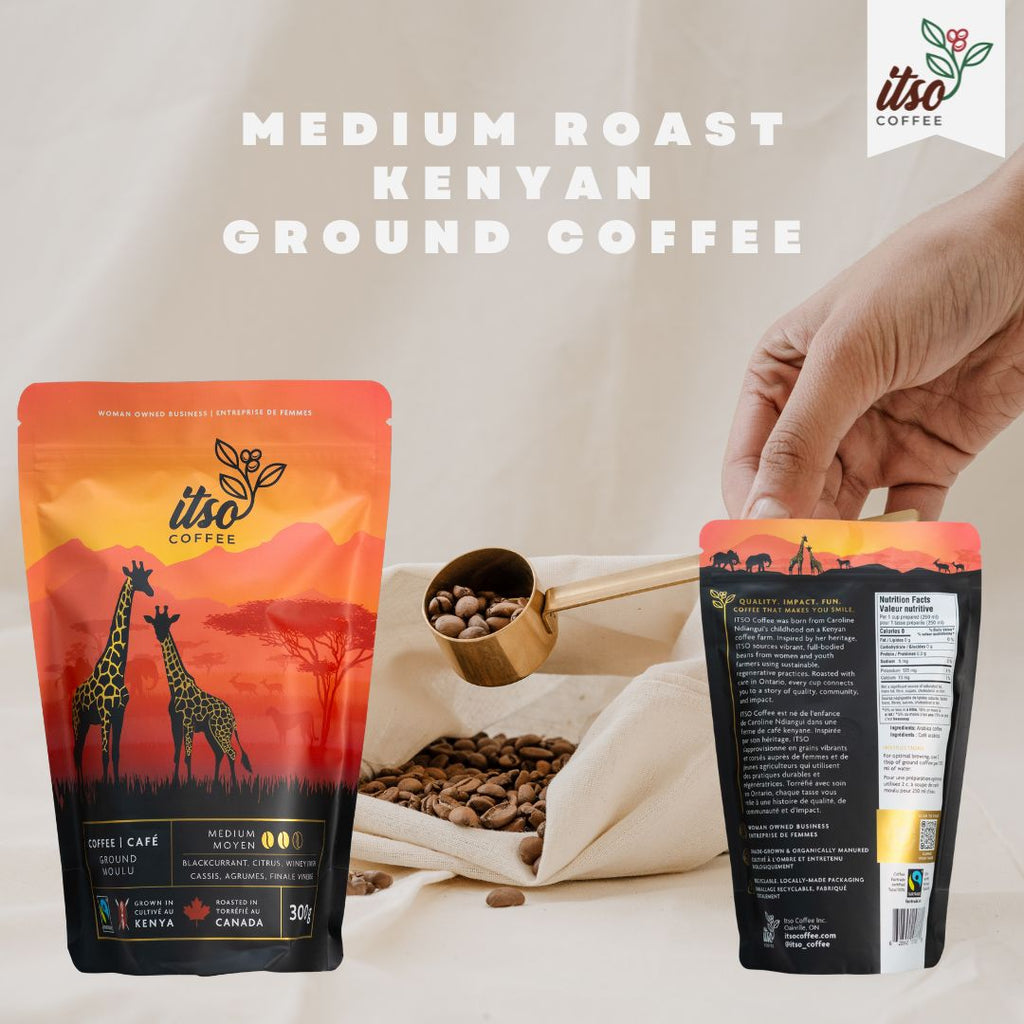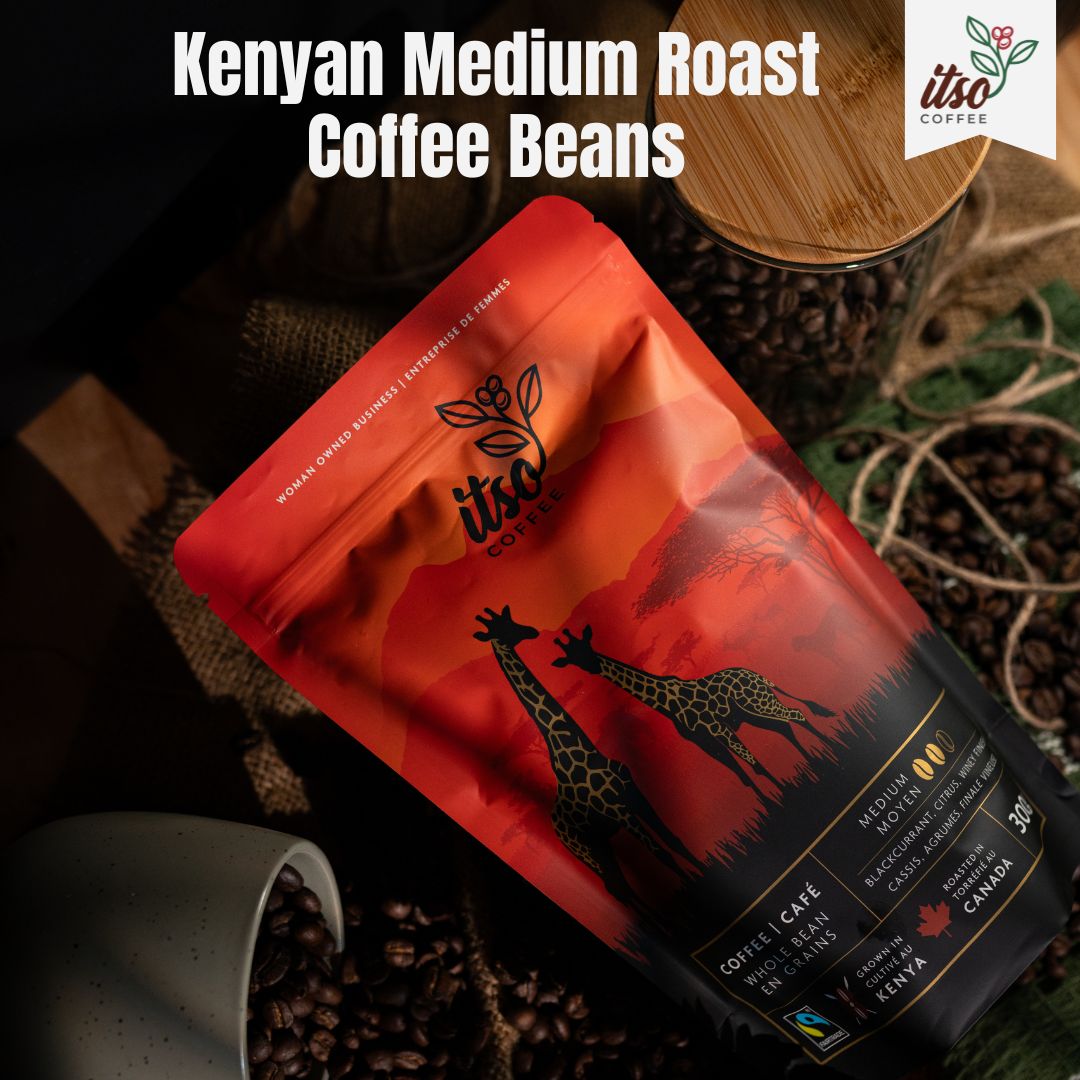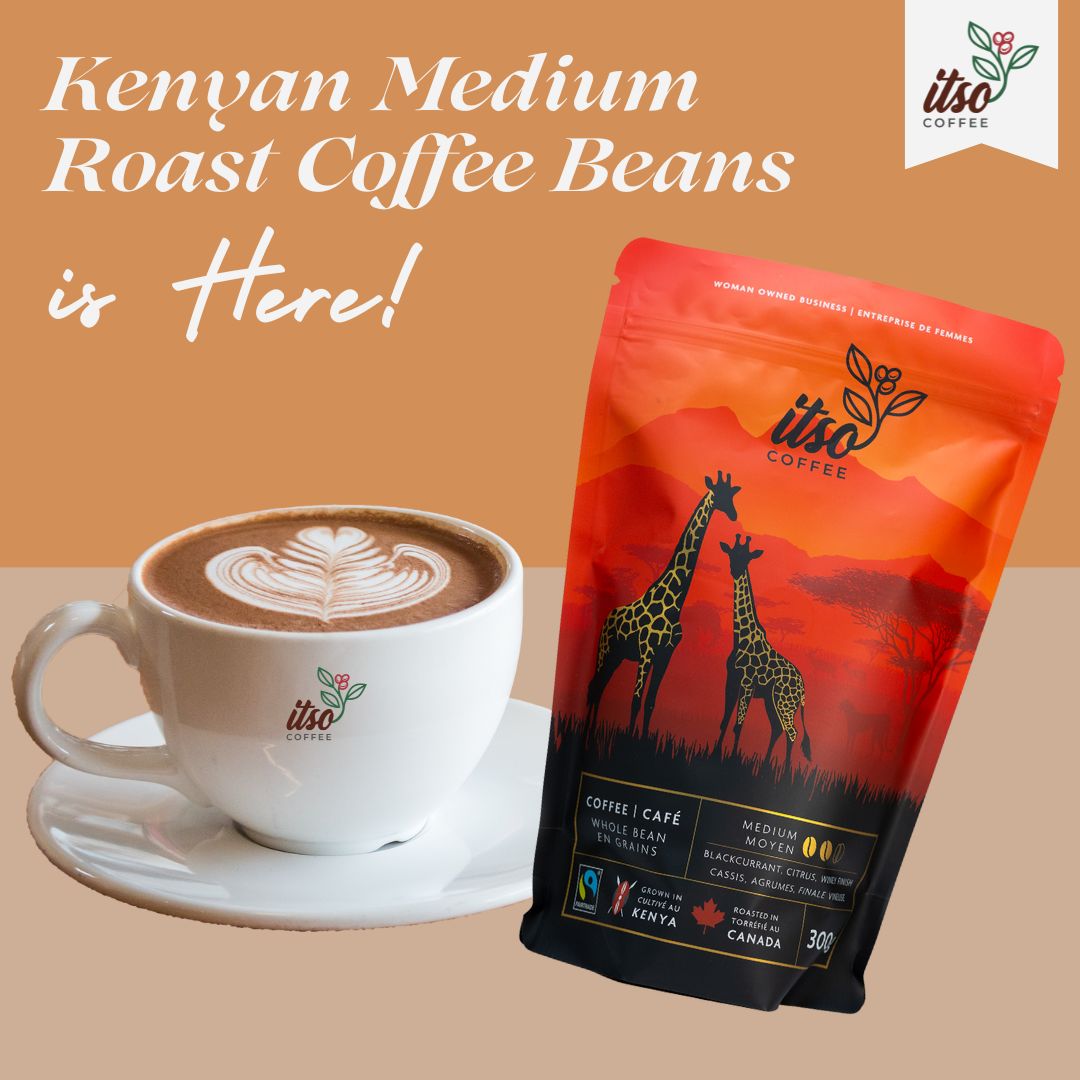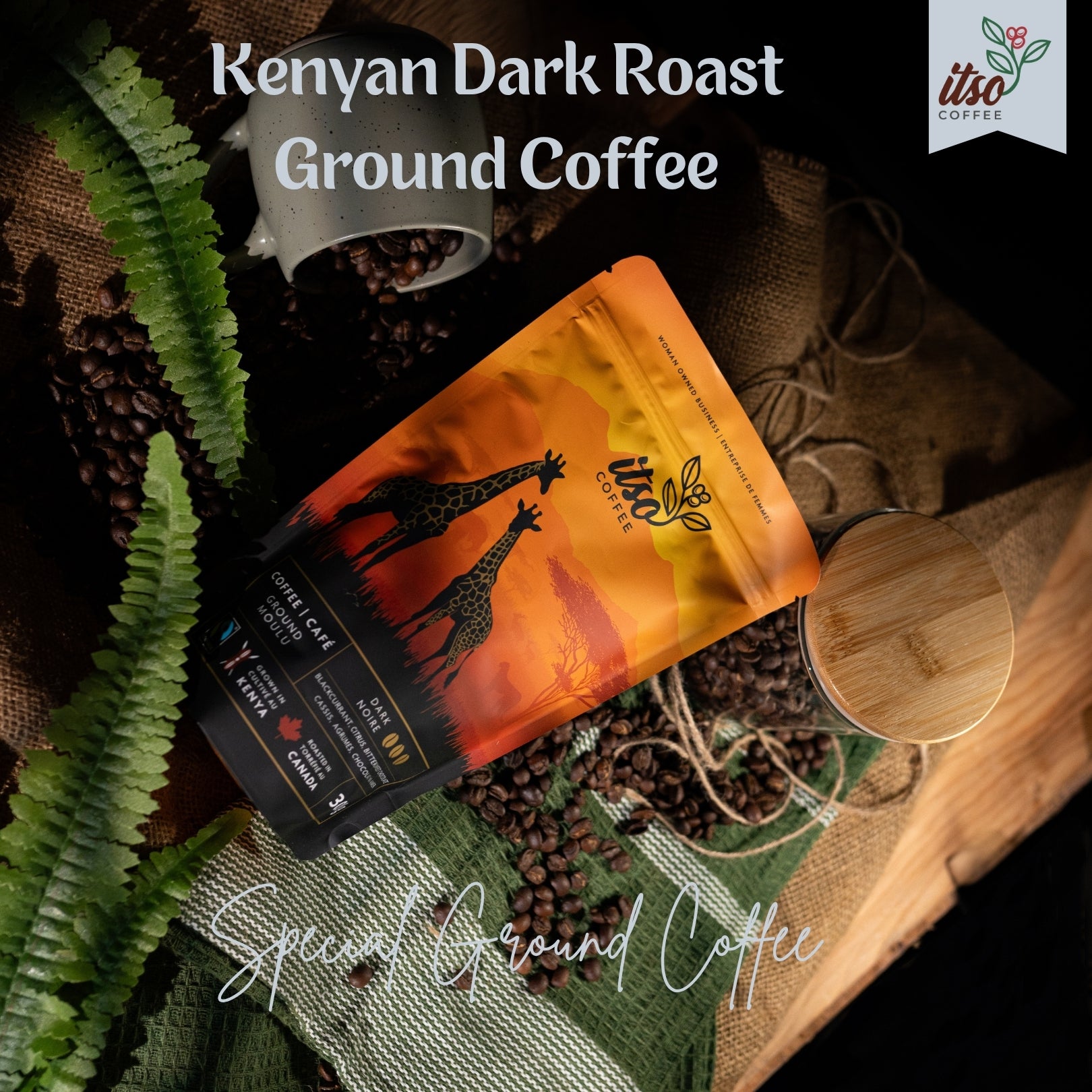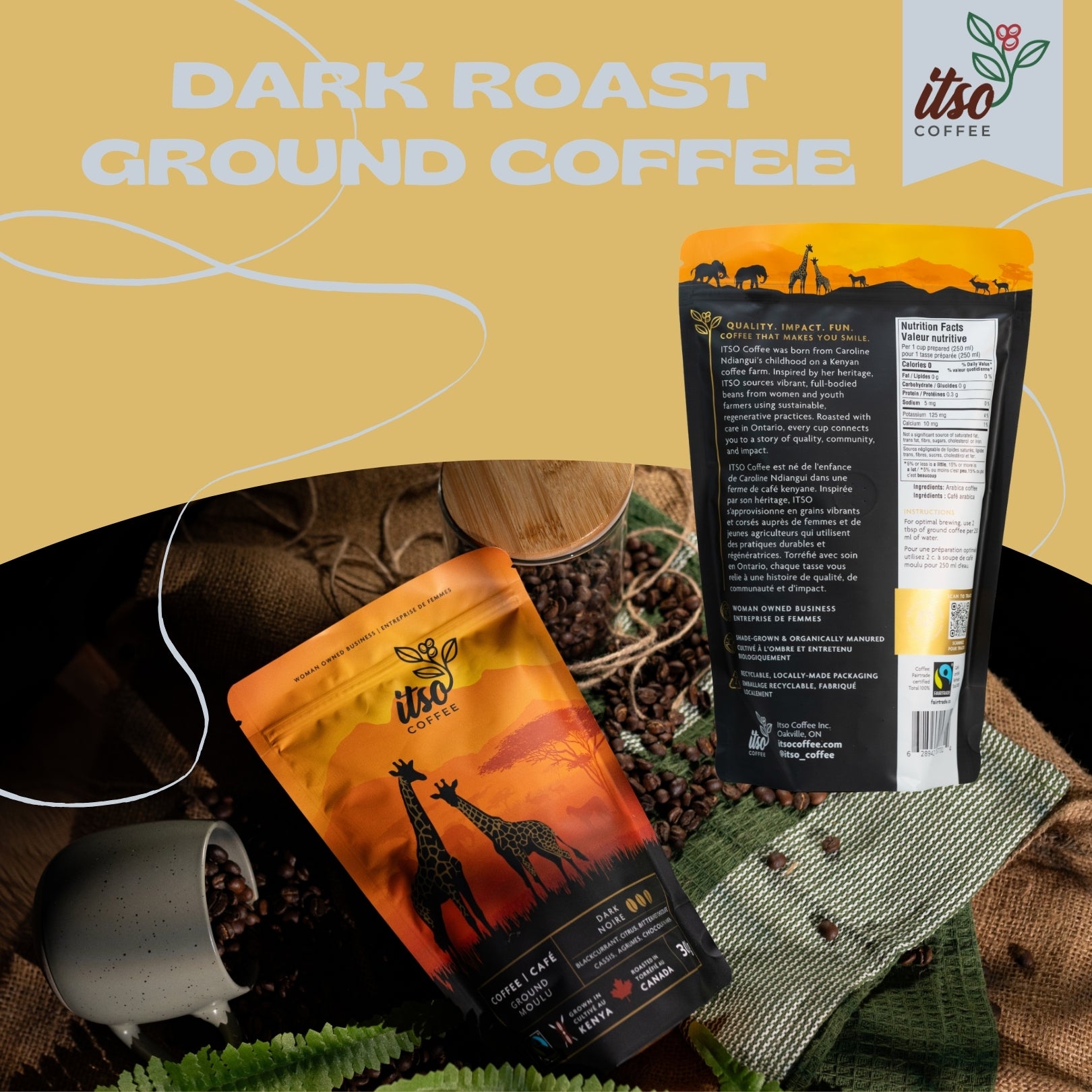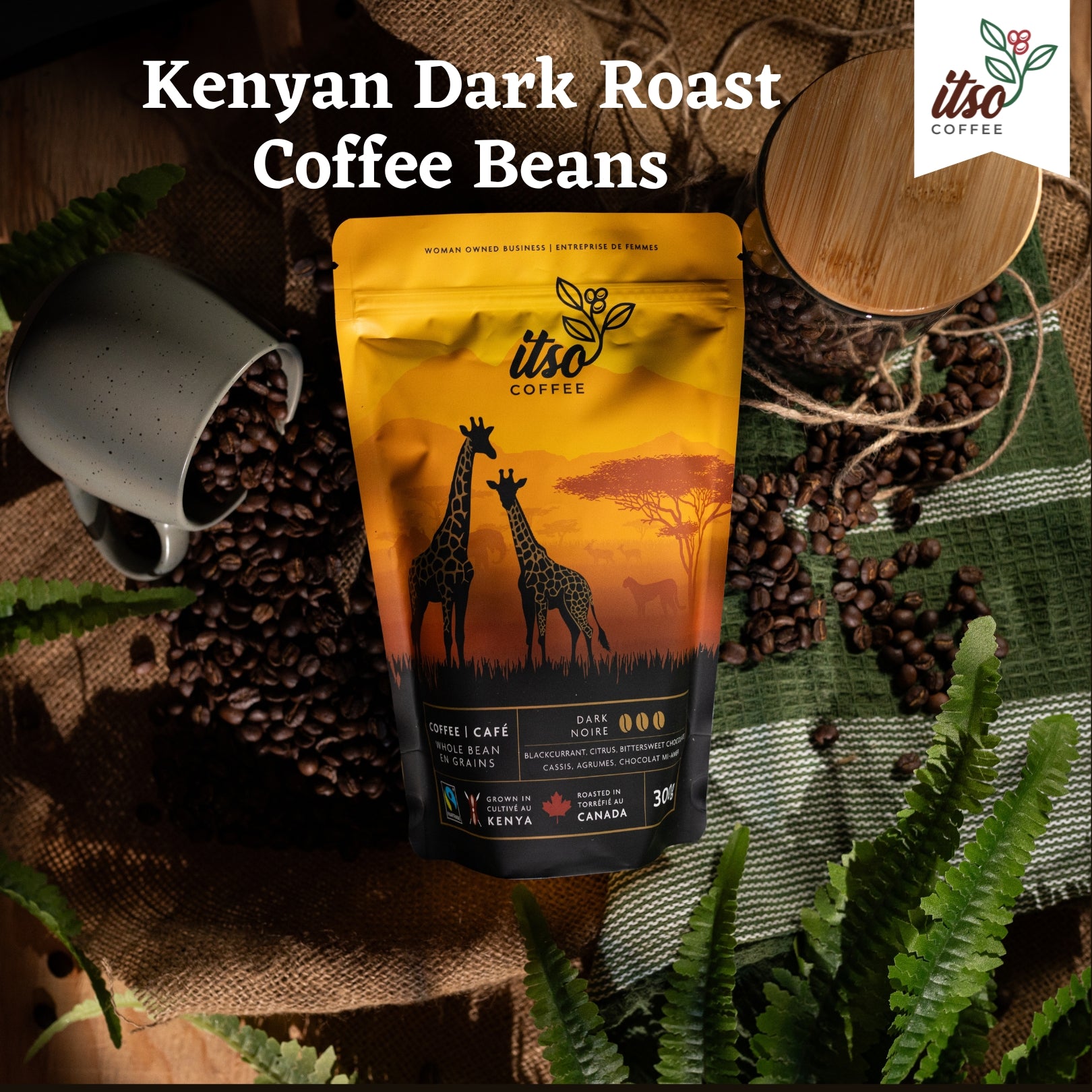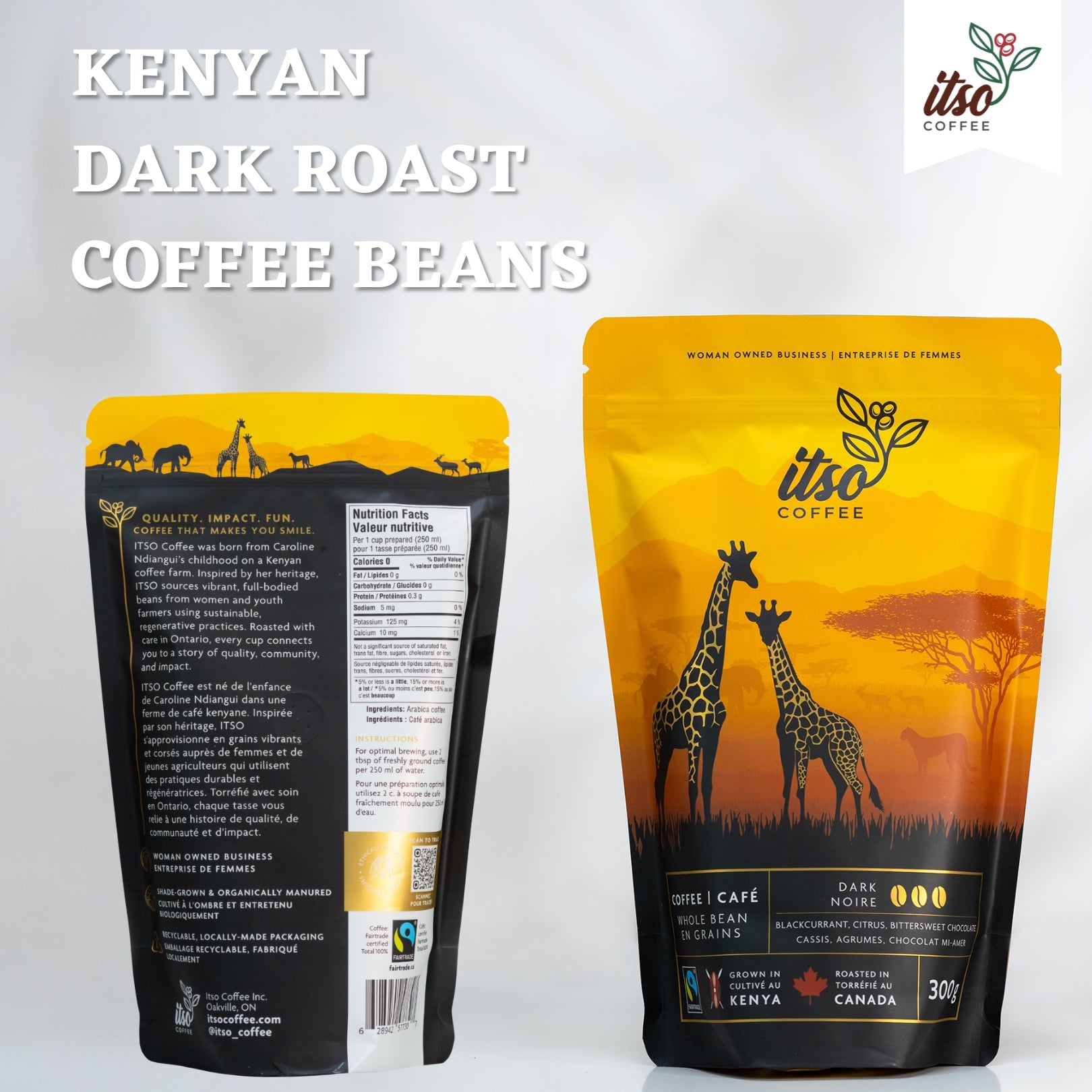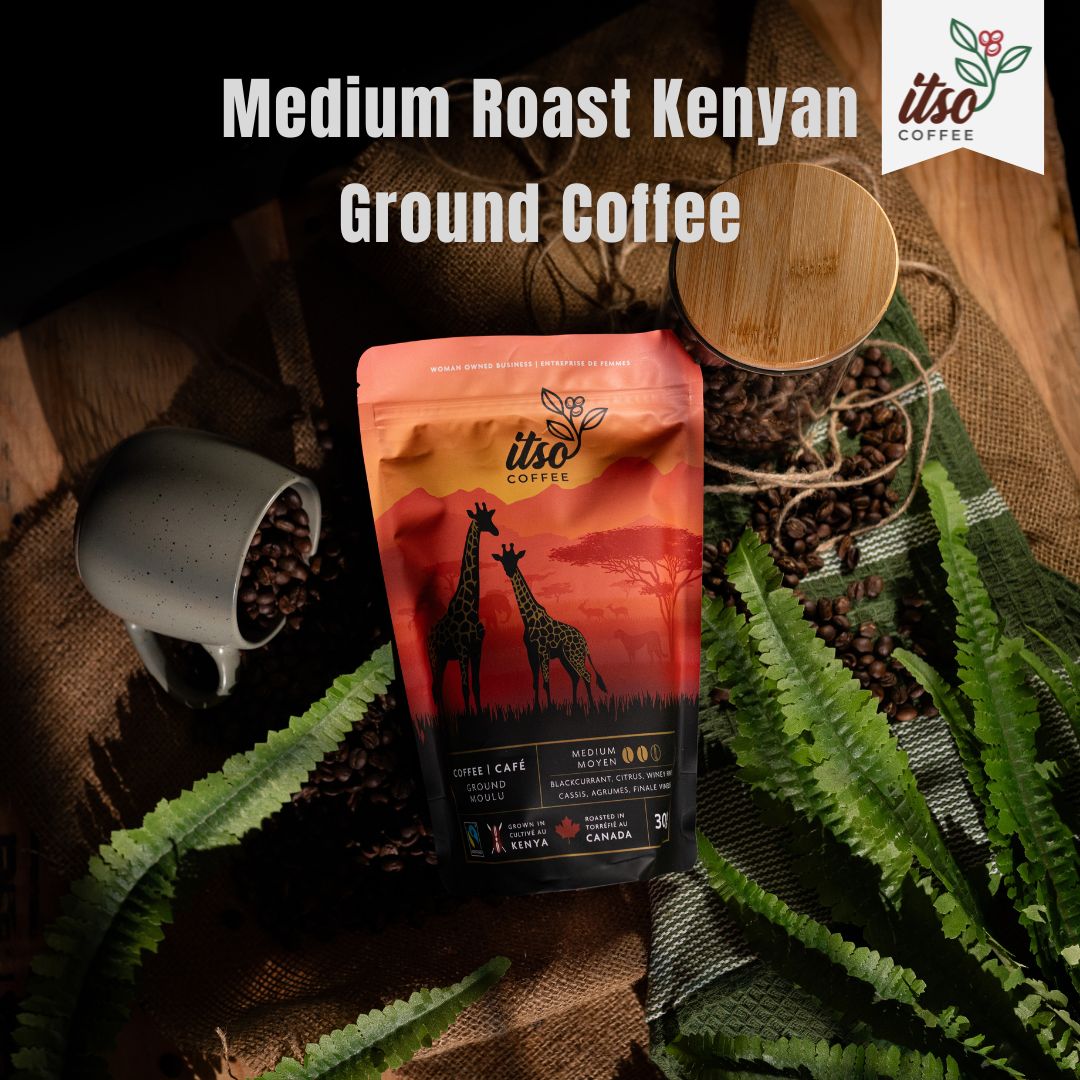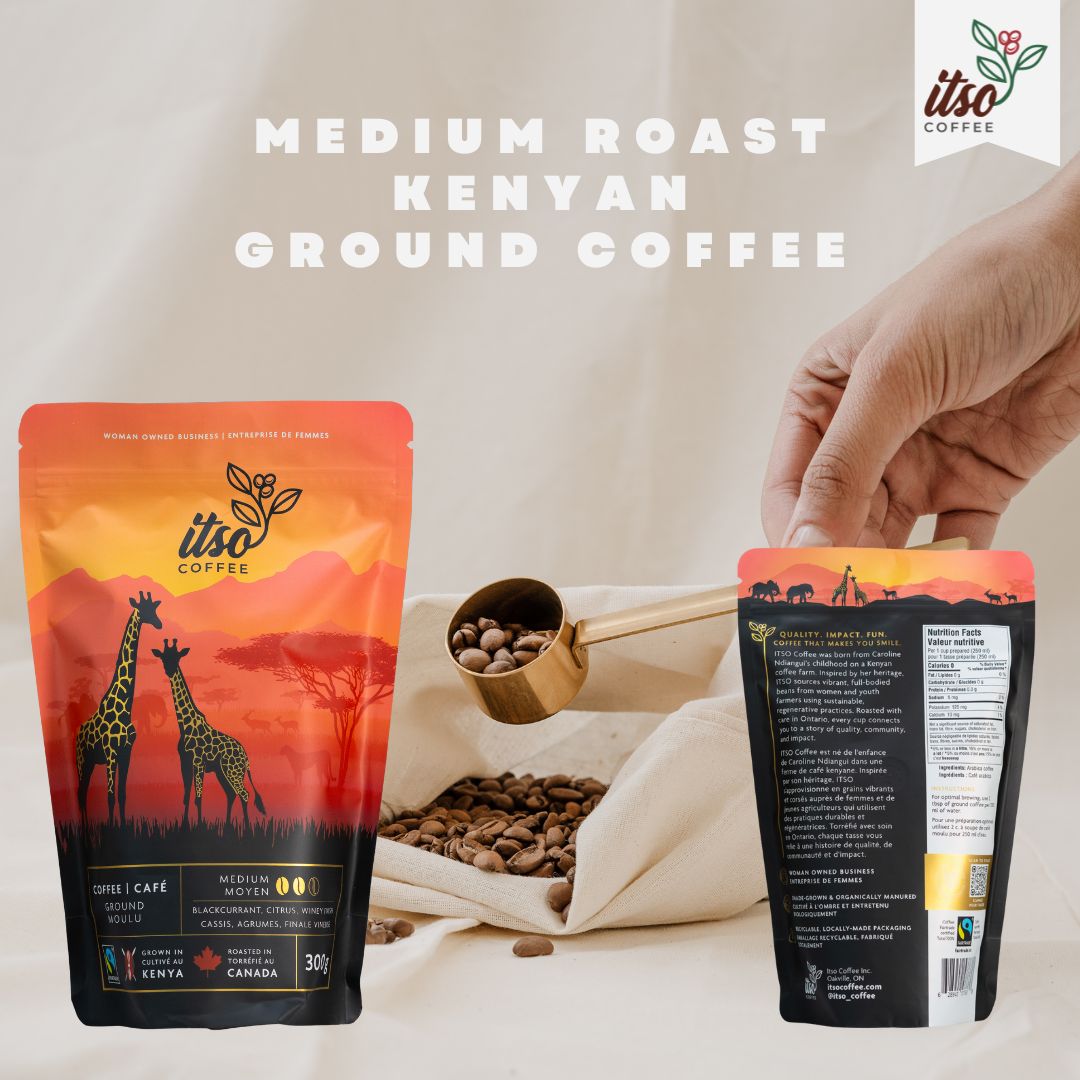Every cup of Kenyan coffee tells a story — a story of altitude and soil, of people and purpose, of hands that carefully nurture each cherry until it reaches your mug.
For over a century, Kenya’s coffee has been celebrated around the world for its bright acidity, complex flavor, and rich aroma. Yet beyond its taste lies a deeper narrative — one rooted in heritage, community, and sustainability.
Today, as more coffee drinkers seek ethical and transparent sourcing, the journey from farm to cup has become as important as the coffee itself. Brands like ITSO Coffee, founded by a Kenyan-born entrepreneur, proudly carry this tradition forward — connecting the authenticity of Kenya’s farms with the modern values of fairness and sustainability.
The Birth of Kenyan Coffee
Kenya’s relationship with coffee began in the late 19th century when missionaries introduced the crop to the fertile highlands surrounding Mount Kenya. The combination of volcanic red soil, moderate rainfall, and high elevation proved ideal for cultivating Arabica coffee — known for its complexity and bright acidity.
By the early 1900s, coffee had taken root as a cornerstone of Kenya’s agricultural economy. Smallholder farmers, many tending just a few acres, began producing beans that would soon capture the attention of global markets. Over time, Kenya became synonymous with coffee excellence, its name appearing on menus and labels in specialty cafés from Toronto to Tokyo.
But for Kenyan farmers, coffee has never just been a business — it’s a source of pride and identity, passed down through generations.
The Unique Terroir of Kenya
In the world of coffee, terroir — the combination of soil, climate, and altitude — determines a bean’s character. Kenya’s geography offers one of the most favorable terroirs on Earth.
Most of Kenya’s coffee is grown between 1,400 and 2,000 meters above sea level, where cooler temperatures slow the cherries’ maturation, allowing complex sugars and acids to develop.
This results in beans known for their vibrant acidity, juicy body, and notes of blackcurrant, citrus, and berry — a signature flavor that sets Kenyan coffee apart.
Regions such as Nyeri, Nandi, and Kipkelion are particularly famous for their distinct cup profiles:
-
Nyeri: bright and wine-like, with a berry-forward sweetness
-
Kipkelion: smooth, balanced, with subtle floral notes
-
Nandi Hills: bold and full-bodied, with deep, earthy undertones
Each region reflects Kenya’s natural diversity and the care of the smallholder farmers who cultivate these highlands.
Craftsmanship at Every Step: The Kenyan Coffee Process
Kenya’s meticulous approach to coffee processing is part of what gives its beans world-class quality.
The journey from cherry to cup involves precision, tradition, and community collaboration.
-
Handpicking:
Every ripe red cherry is handpicked — no machines, no shortcuts — ensuring only the best beans are harvested.
-
Pulping & Fermentation:
The cherries are pulped to remove the outer skin, then fermented to break down natural sugars and develop flavor clarity — a hallmark of Kenya’s “washed” process.
-
Washing & Drying:
Beans are thoroughly washed in clean mountain water, then sun-dried on raised beds. This slow process enhances their aroma and preserves their bright acidity.
-
Milling & Grading:
Once dried, the parchment layer is removed, and beans are graded by size and density, with AA and AB grades recognized as the finest.
This attention to detail transforms coffee from an agricultural crop into an artisanal product — one that mirrors Kenya’s culture of precision and pride.

The Heart of the Industry: Smallholder Farmers and Cooperatives
Over 70% of Kenya’s coffee comes from smallholder farmers organized into cooperatives. These cooperatives play a crucial role in processing, quality control, and access to markets.
For generations, families have depended on coffee for their livelihoods — yet challenges such as low prices, climate change, and access to resources have made sustainability a pressing issue.
Today, many women farmers and young entrepreneurs are stepping up as innovators and leaders. They are introducing organic practices, experimenting with specialty-grade production, and seeking direct trade relationships that ensure fair compensation for their work.
The Rise of Women and Ethical Sourcing
Women have always been the backbone of coffee farming — planting, picking, and processing beans — yet for decades, they lacked recognition and ownership.
Now, women-owned coffee brands like ITSO Coffee are changing that story. By sourcing directly from women producers and advocating for Fairtrade principles, they ensure that those who nurture the coffee share in its success.
For ITSO, ethical sourcing means more than paying fair prices. It means uplifting communities — investing in women-led cooperatives, environmental stewardship, and youth empowerment within Kenya’s coffee regions.
Each bag of coffee sold represents not just quality, but equality — bridging the gap between tradition and transformation.
Sustainability: Protecting the Future of Coffee
Kenya’s farmers face mounting challenges from climate change, fluctuating market prices, and land degradation.
To protect coffee’s future, sustainability has become central to every part of the value chain.
Modern cooperatives and women-led initiatives are adopting climate-smart practices such as:
- Shade-grown farming to preserve biodiversity
- Composting and organic fertilization
- Water conservation during processing
- Reforestation around coffee farms
These steps protect both the planet and the livelihoods of farming communities. And for ethical roasters like ITSO Coffee, partnering with such initiatives ensures that every cup supports a more resilient and responsible industry.
From the Highlands to Your Mug
When you sip a cup of Kenyan coffee, you’re tasting more than flavor — you’re experiencing history, craft, and care.
Each bean embodies the legacy of farmers who have dedicated their lives to perfecting their harvest, and of modern entrepreneurs who are ensuring that their work is valued and sustained.
At ITSO Coffee, this connection runs deep. Founded by a Kenyan-born woman who grew up surrounded by coffee, the brand is built on the belief that the journey of coffee — from farm to cup — should always uplift the people behind it. Rooted in authenticity and purpose, ITSO Coffee invites you to Buy Kenyan Coffee in North America and experience the rich heritage, bold flavor, and community spirit that make every cup truly special.
Whether enjoyed in a café, at home, or in a boardroom, every brew becomes a shared story of heritage, empowerment, and purpose.
Conclusion
The story of Kenyan coffee is one of excellence, evolution, and empowerment. From the red soils of Nyeri to roasters in North America, every cup is proof of what happens when tradition meets integrity.
By choosing authentic, ethically sourced Kenyan coffee, you’re not only savoring one of the world’s finest flavors — you’re supporting women farmers, preserving ecosystems, and investing in communities that make every sip possible.
☕ From Kenya’s highlands to your mug, coffee is more than a drink — it’s a bridge between people, purpose, and planet.
Join the Itso Coffee community on Facebook to discover brewing tips, customer stories, and exclusive offers about our Fairtrade Kenyan coffee!
FAQs
1. What makes Kenyan coffee so unique?
Its high-altitude growing regions, volcanic soil, and washed processing give it a bright, fruity, and complex flavor unmatched by other origins.
2. Why is Fairtrade important in Kenyan coffee?
Fairtrade ensures farmers are paid fairly and work under ethical, sustainable conditions — supporting equality and long-term growth.
3. How does ITSO Coffee source its beans?
ITSO Coffee partners with women-led cooperatives and Fairtrade producers in Kenya, ensuring transparency, quality, and community impact.
4. What flavors can I expect from Kenyan coffee?
Expect lively notes of berry, citrus, and blackcurrant with a crisp finish — often described as wine-like and aromatic.
5. How can consumers support ethical coffee?
Choose brands that prioritize Fairtrade and women's empowerment, like ITSO Coffee, and share their stories to raise awareness.
